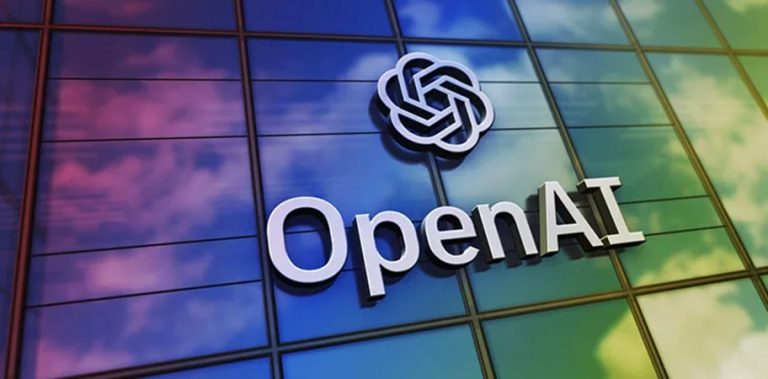
US-based Artificial Intelligence (AI) company and maker of ChatGPT, OpenAI, has launched a Generative AI model known as ‘Sora’, that creates videos from text.
The recently launched AI model can generate videos up to a minute long while maintaining visual quality and adherence to the user’s prompt. It is also able to generate complex scenes with Multiple characters, specific types of motion, and accurate details of the subject and background.
Sora understands not only what the user has asked for in the prompt, but also how those things exist in the physical world. The model has a deep understanding of language, enabling it to accurately interpret prompts and generate compelling characters that express vibrant emotions. It can also create multiple shots within a single generated video that accurately portray character and visual style.
Register for Tekedia Mini-MBA edition 18 (Sep 15 – Dec 6, 2025): registration continues.
Tekedia AI in Business Masterclass opens registrations.
Join Tekedia Capital Syndicate and co-invest in great global startups.
Register for Tekedia AI Lab: From Technical Design to Deployment.
Announcing the rollout of Sora, OpenAI wrote via a blog post,
“We are teaching AI to understand and simulate the physical world in motion, with the goal of training models that help people solve problems that require real-world interaction. Sora has a deep understanding of language, enabling it to accurately interpret prompts and generate compelling characters that express vibrant emotions”
Similar to GPT models, Sora uses a transformer architecture, unlocking superior scaling performance. The AI model builds on past research in DALLE and GPT models. As a result, the model is able to follow the user’s text instructions in the generated video more faithfully.
With the launch of Sora, OpenAI has joined the likes of several tech giant companies such as Google and Meta that are delving into video generation. OpenAI however acknowledged that the current model has weaknesses, noting that it may struggle with accurately simulating the physics of a complex scene, and may not understand specific instances of cause and effect.
In a bid to ensure the safe use of Sora, OpenAI announced that it will be taking several important steps ahead of making the AI model available in its products.
“We’ll be taking several important safety steps ahead of making Sora available in OpenAl’s products. We are working with red teamers domain experts in areas like misinformation, hateful content, and bias who will be adversarially testing the model.
“We’re also building tools to help detect misleading content such as a detection classifier that can tell when a video was generated by Sora. We plan to include C2PA metadata in the future if we deploy the model in an OpenAl product”, the company wrote.
Sora is currently not available to the general public. OpenAl disclosed that it is currently granting access to a number of visual artists, designers, and filmmakers to gain feedback on how to advance the model to be most helpful for creative professionals.
From LinkedIn News Summary
OpenAI has unveiled a new artificial intelligence model that can turn text prompts into short, realistic-looking videos. The reveal on Thursday marks a significant step forward from previous AI-generated video models, The New York Times writes. Dubbed Sora, the new system is capable of creating videos “as if they were lifted from a Hollywood movie.” A cluster of companies, ranging from small, buzzy start-ups to tech behemoths, are jostling to launch compelling instant video generators. OpenAI’s tool will not be released publicly yet, the company says, as a select group of testers seek to “understand the system’s dangers.”
- Even as OpenAI proceeds carefully, critics say AI-generated video could “become a quick and inexpensive way of creating online disinformation.”
- The U.S. Patent and Trademark Office has ruled that OpenAI cannot trademark “GPT,” TechCrunch reported Thursday.
- OpenAI is also working on a web search product that would directly challenge Google’s dominant search product, reports The Information, citing an anonymous source.



